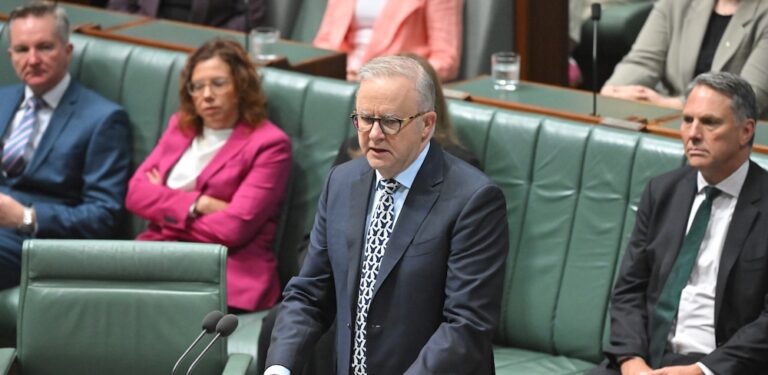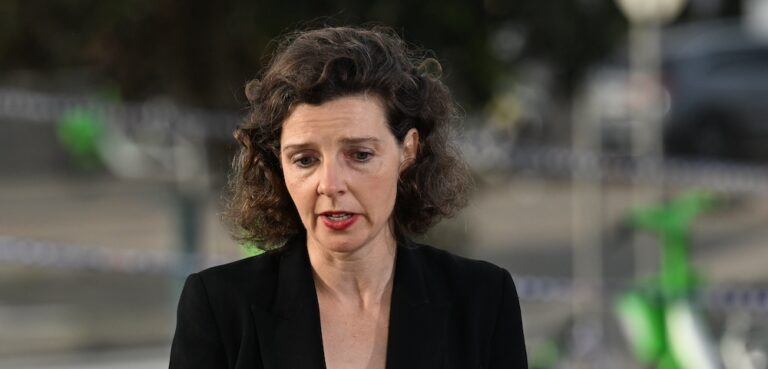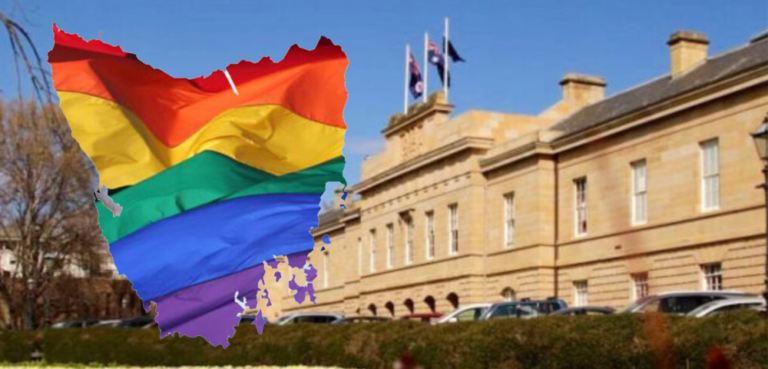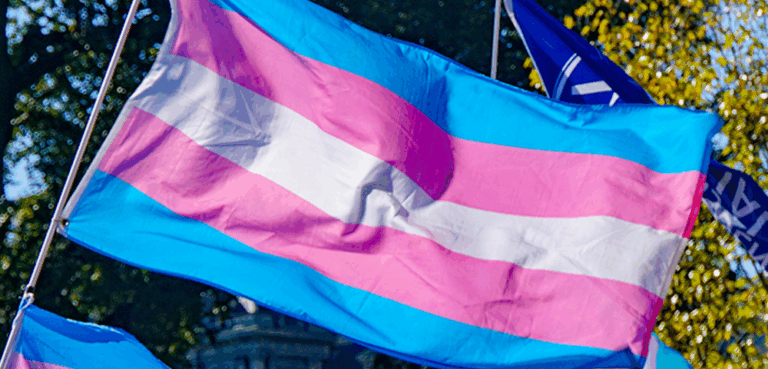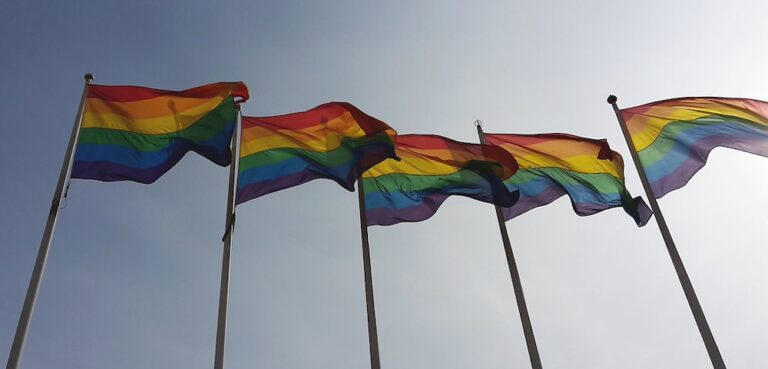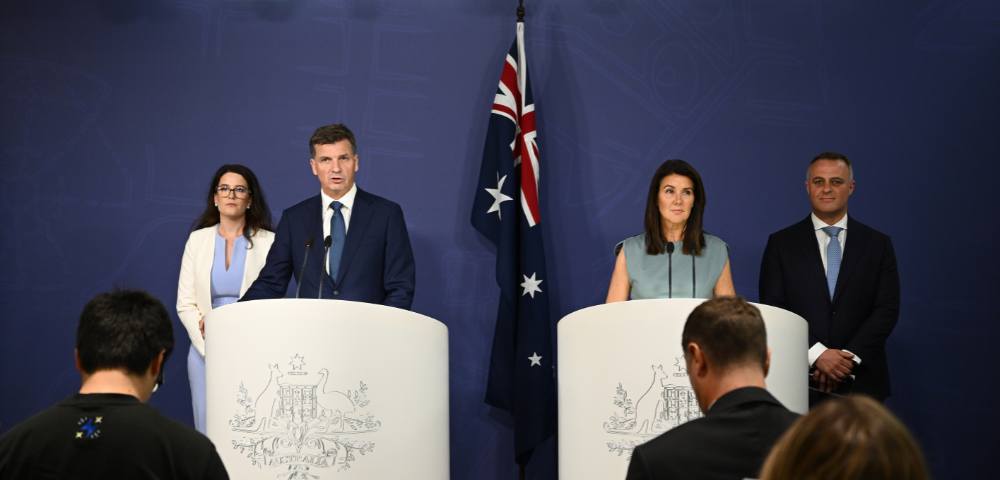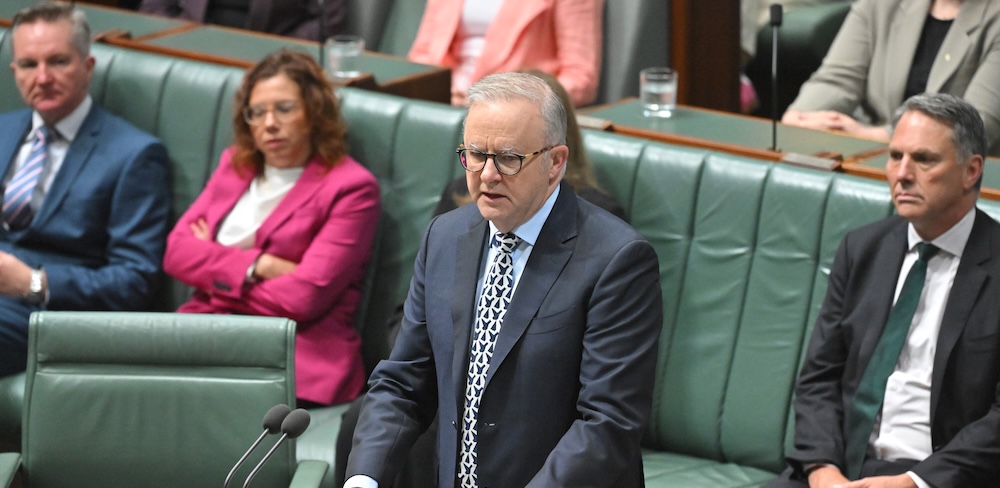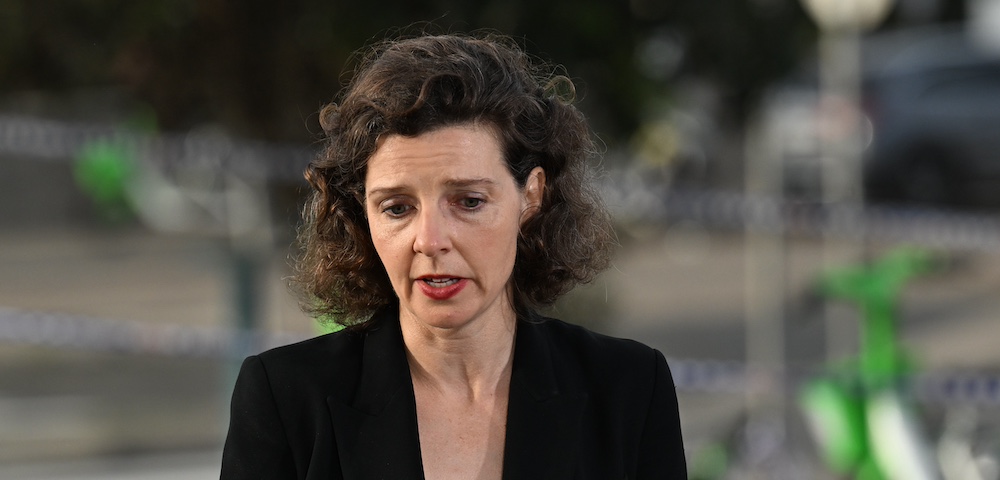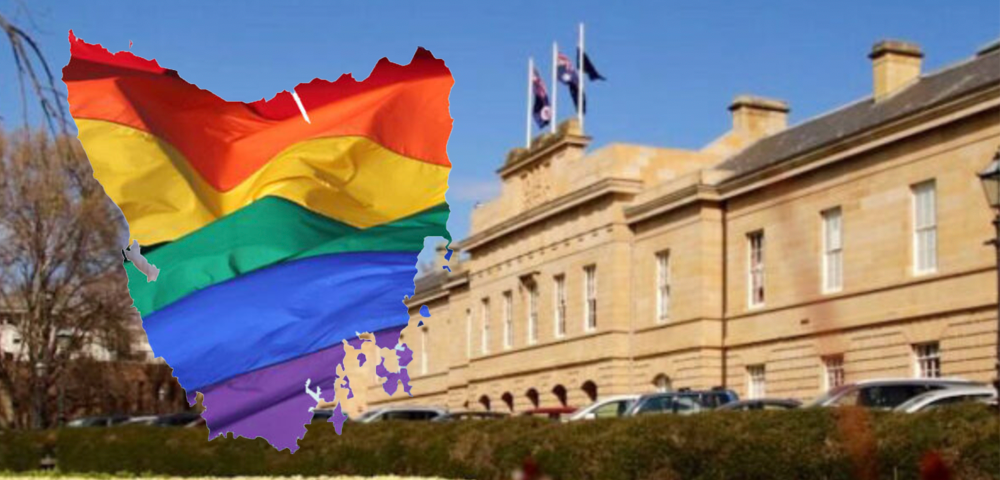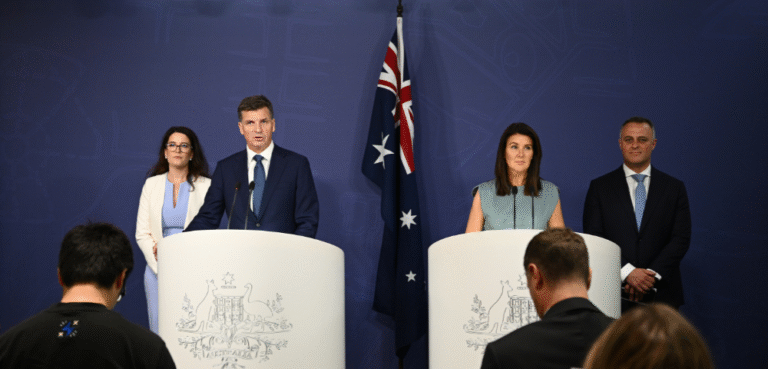
Opposition to marriage based on myth: Croome
Simon Copland’s opposition to the marriage equality campaign is based on myths not facts, theory not reality.
For example he argues that the LGBTI movement has liberationist roots which marriage equality somehow betrays.
However, LGBTI people were campaigning for equality and integration within existing social institutions decades before gay libbers began demanding these institutions be abolished in the early 70s.
Likewise, the demand for equality continued long after gay lib effectively died away in the late 70s.
Taking the long view, it is gay liberation which stands outside the LGBTI tradition while marriage equality fits easily within it.
Polyamory is an excellent example of where liberationist theory defies LGBTI reality.
Copland’s condemns groups like Australian Marriage Equality for declaring that marriage is a two-person union.
Yet, studies show most LGBTI people want to be part of a two-person marriage, while partners in polyamorist relationships (most of which begin as heterosexual unions) say they don’t want their relationships recognised as marriages.
Does Copland seriously expect AME to campaign for marriages that no-one wants at the expense of marriages that the majority of LGBTI and other Australians do want, all for the sake of his particular ideology?
The fact the LGBTI movement is predominantly integrationist rather than liberationist exposes the second and more serious of Copland’s myths.
He believes marriage equality is an elite issue dominated by wealthy queers who use their influence to crowd out issues of importance to more vulnerable LGBTI people.
Yet, community surveys show support for marriage equality is strongest among LGBTI people who are young, who live in regional and rural areas, and who have lower incomes.
It is precisely because these people are more vulnerable to prejudice and hate that they understand the importance of marriage equality.
For them equality in marriage is not just a badge of progressive values or another excuse for a party.
It is a necessity if they are to be truly included and valued in their families and communities.
This is why, in every country where marriage equality has become an issue, it has always been a grass roots demand that welled up from below taking all elites – gay and straight, left and right – by surprise.
Seen this way it is not advocates for marriage equality who are the elites.
It is people like Copland whose convoluted theories about challenging “heteropatriarchy” are at odds with the lived experience of the very people he claims to represent.
The overwhelming majority of LGBTI people want to belong and to participate.
It is wrong to dismiss this aspiration simply because it doesn’t conform to an abstract and unhistorical notion of what the LGBTI community should stand for.
-Rodney Croome, campaign director of Australian Marriage Equality.
